The Truth About Yelp
Nov 30, 2015
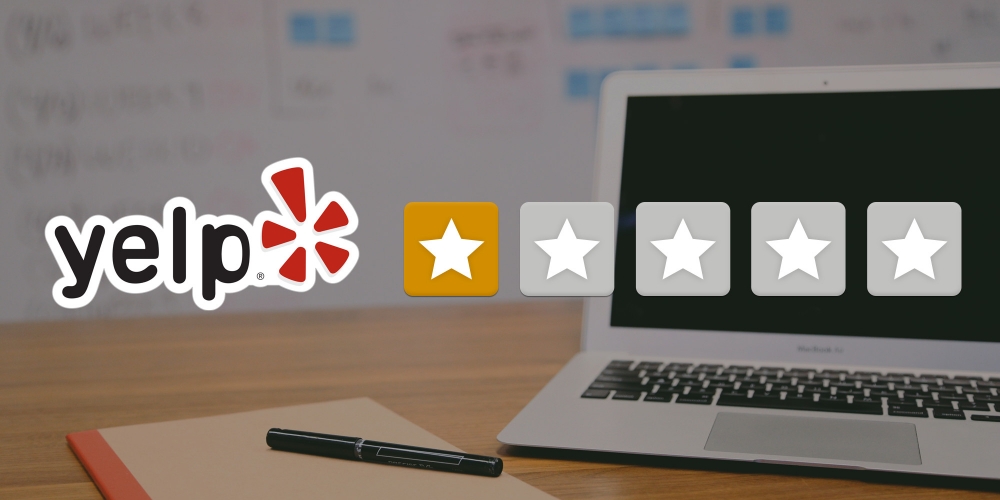
What is Yelp
Founded in October 2004, San Francisco-based Yelp publishes crowd-sourced reviews for businesses. Their website and app have detailed information for most services, although restaurants and other eateries are by far the most viewed. Patrons that visit these establishments are able to leave their feedback for the world to see, both positive and negative, and Yelp, with a combination of viral buzz and online advertising, has grown their user base to 135 million monthly visitors and over 71 million reviews.
Why People and Businesses Use It
From an end-user perspective, Yelp can be a great way to discover a wonderful new restaurant, the closest barber, or which of the three McDonald's by your house has the best service. If you’re the owner of a small business, you can use Yelp to promote new menu items, engage with your audience, and create promotions exclusively to those that leave feedback. The ability to interact with either the service provider or the client semi-directly is powerful and exists in lesser forms across the internet, such as Google+ and Facebook, but neither of those services are as comprehensive or popular when it comes to curation and reviews.
How Reviews (and Contesting Them) Work
Submitting a review is free and easy; you only need an email address and an internet connection to begin leaving feedback on any and every company you come across. In their terms of service, Yelp says that they use an automated software to filter either extremely negative or extremely positive reviews out of the general population, in order to create a more realistic picture of the business. They use criteria such as how new an account is, how complete the reviewer’s information is, and obvious signs of manipulation like multiple reviews for one business that originated from the same IP address. This is where the validity of reviews gets a little murky, as you are not required to provide proof of service or even live in the same country as the business you are reviewing. An account and its reviews might get flagged if their posting patterns are geographically sporadic, but even a single untrue review can be harmful to a local business. For some people, Yelp is the only portal they use to learn about a location and if their first glance is a negative one, that company is no good anymore. Research done in 2011 shows that 80% of people will change their minds about a purchase based on negative reviews.
What’s a Small Business to Do?
If you receive a negative review, there are a few ways to handle it. First of all, if the negative review is accurate and contains no false information, then your fix might be more internal than external. Customers might not agree with prices or services rendered, but if they are truthful in their summary, Yelp is not interested in you bickering with patrons who have just cause. Sadly, Yelp is also sometimes not interested in helping if the reviews are completely invalid and fake. In the name of transparency, we’ve contacted Yelp to deal with a negative review of our own. At 454 Creative we welcome honest feedback as a way to improve our processes and work. We take pride in what we do and if our clients are unhappy, we fix it, but when we checked our profile and saw the following review, we were more than a little confused:
In researching D.M.’s other reviews, we saw both negative and positive reviews that matched this one: non-descript, fairly generic, with a couple not too close to his/her stated hometown of San Diego. When we brought up the multiple curiosities of this review (structure of the proposed “contract,” lack of a real name, generic description of an experience that could apply to nearly any business on Earth), Yelp gave us a short, but not so sweet response: “We're writing to let you know that we've evaluated D M.'s review of 454 Creative that you recently reported. We rely on community engagement to help keep Yelp useful, and although we didn’t agree that this content should come down, we appreciate you bringing it to our attention.” Now we are now saddled with this one-star review that we will have for all eternity. That’s unless we want to cough up some cash…
How Yelp Plays the Game
Where Yelp begins to get its hands dirty is when it comes to filtering and ranking reviews. Hundreds, if not thousands, of businesses have claimed that after gaining some traction online, a Yelp employee will reach out with a marketing contract, something that would help grow said business’ online presence. Here is one account, from Terry Thomas, a business owner in Seattle:
“Shortly after our company began receiving positive reviews on Yelp, an energetic Yelp salesman called me, congratulating me on our company’s online reviews, and offering to help boost our Internet presence with one of several of Yelp’s marketing programs. Once I was finally able to get him to answer my question about what the price would be, I was staggered: $8,400 per year for their mid-level program. I politely declined. Soon after, I noticed that positive reviews began disappearing from our Yelp site.”
This is where Yelp’s “filters” come into effect. When we mentioned that both five-star and one-star reviews get marginalized, businesses that decline Yelp’s “marketing” efforts soon find the majority of their valid positive reviews dumped into this new filtered section called “not currently recommended,” which is not the default view when researching a business. Yelp claims that this is all a natural process dictated by their algorithm, but most business owners aren’t buying that answer. The new snapshot of their company can switch in a day, from a fair mix of good and bad reviews to pure negativity. This is, sadly, a story we’ve heard our own clients tell. And while multiple complaints and lawsuits have been lobbied Yelp’s way, there has yet to be a conviction or even a fine, due to the lack of “smoking gun” evidence. It’s not just us making this claim as Forbes, the Los Angeles Times, and numerous other outlets have tried to get to the bottom of Yelp’s policies to no avail. A documentary is launching later this year that goes far more in-depth than these articles, including numerous conversations with both business owners and lawyers involved in various disputes with Yelp.
What You Can Do About It
There are two ways to tackle the Yelp conundrum, and neither of them are “ignore it completely.” The first begins with delivering exceptional service worthy of five stars, but ends with actually asking for honest feedback. We’re not talking about strapping a client down in front of a computer and watching them write a review, but being honest and saying “We hope you enjoyed our work. Feedback is important to our business’ growth and we’d be honored to know how you viewed our time together.” You’re going to get more honest feedback that way than if you just asked for five-star reviews and promised some sort of incentive for doing so. The second is a bit trickier, but just as important: respond to negative reviews. As a business owner, you’re given the option to send any reviewer a private message, which might be appropriate in some cases, but posting a public response is very important to your image.
First, it shows that you care about your customers and their experience. Second, it allows you to “clear the air” and tackle the complaints head on. This method requires tact, as you don’t want to come off petty, but offering a heartfelt apology (and, if the situation warrants it, some sort of make good) in a public forum sends the message that you care about your customers and their feelings. You should extend this policy to positive reviews as well, to show your appreciation of their gratitude and that you are happy to communicate with any and all customers that come through your door. Taking everything into account, Yelp can be a necessary evil. It can also be an unnecessary nuisance. It all depends on your holistic social media and online marketing strategy. Without a solid foundation that includes multiple sources of reviews, check-ins, and feedback, Yelp can represent your entire interaction with your customers without your knowledge or control. But with the right strategy, it can be just another website where you get to communicate your brand’s messaging without paying a dime to a company more interested in burying you than promoting you.
The Truth About Yelp in CEO Coaching
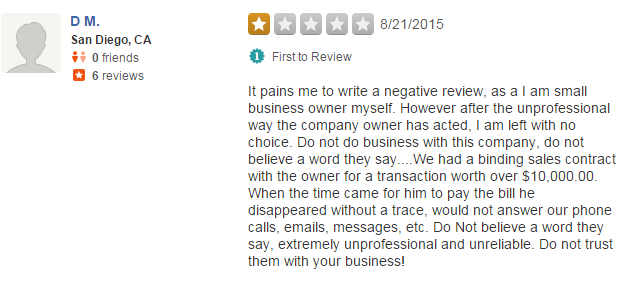
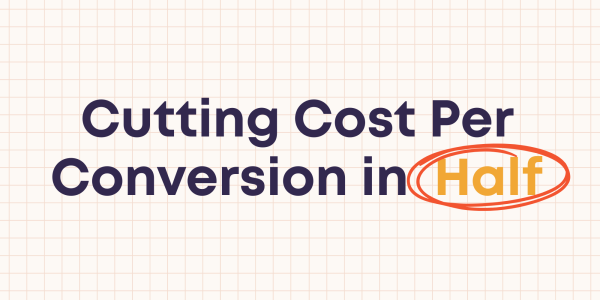
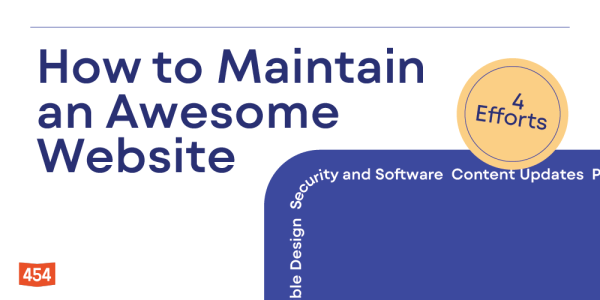
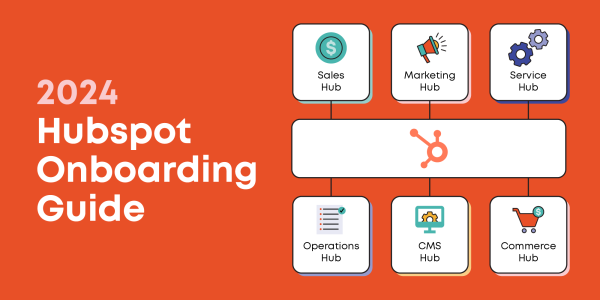


Leave A Comment